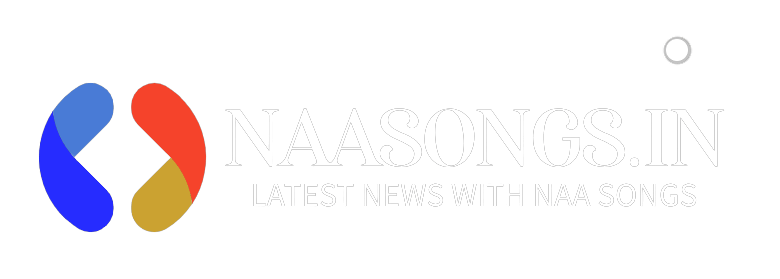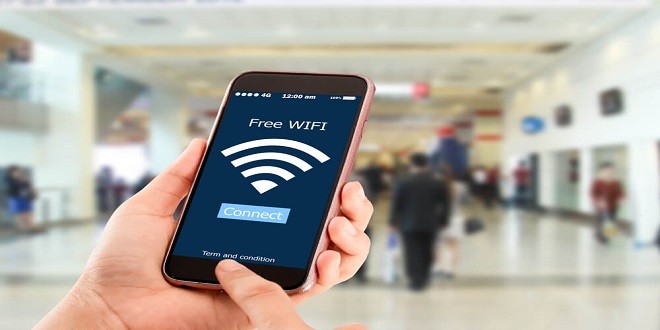The topic of whether using free Wi-Fi is illegal raises important considerations regarding the legal aspects of accessing public wireless networks. While the phrase “Free Wi-Fi Illegal” may suggest a straightforward answer, the reality is more nuanced.
The legality of using free Wi-Fi depends on various factors, such as the network’s terms of service and the user’s intentions. In the following discussion, we will explore the legal implications, potential risks, and ethical considerations associated with accessing free Wi-Fi networks without explicit permission.
Is It Illegal To Use Free Wi-Fi Without Permission?
The legality of using free Wi-Fi without permission, often referred to as “Free Wi-Fi Illegal,” can vary depending on the circumstances and jurisdiction. In general, accessing an open Wi-Fi network that does not require a password or encryption is often considered an invitation for public use.
However, intentionally accessing a secured network without proper authorization or exceeding the intended usage can be seen as unauthorized access and potentially illegal.
It is crucial to respect the terms of service, usage policies, and applicable laws when using free Wi-Fi networks to ensure lawful and ethical behavior.
Is It Legal To Use Free Public Wifi?
It is typically permissible to use free Wi-Fi in public places such as Mcdonald, Dominoz, cafe’s and many more. It is acceptable to use free McDonald’s Wi-Fi if you are visiting the restaurant.
Wi-Fi hotspots open to the public are provided as a convenience to draw clients and improve their experience. However, it’s imperative to abide by the Wi-Fi provider’s terms of service, which may include guidelines for appropriate usage.
Although it is legal to use public Wi-Fi, it’s crucial to keep in mind that using unprotected networks might come with significant risks. When using any free public Wi-Fi network, including McDonald’s Wi-Fi, it is advisable to take security safeguards to safeguard your personal information.
What Are The Legal Implications Of Using Unsecured Free Wi-Fi?
Using unsecured free Wi-Fi networks can have several legal implications. Here are some key considerations:
- Unauthorized Access: Accessing unsecured free Wi-Fi networks without the explicit permission of the network owner may be considered unauthorized access, potentially violating laws related to computer or network intrusion.
- Privacy Concerns: Unsecured networks can expose your data to potential eavesdropping or interception by malicious actors, compromising your privacy and potentially violating privacy laws.
- Legal Liability: If your activities on an unsecured network involve illegal actions, such as downloading copyrighted material or engaging in cybercrime, you can be held legally responsible for those actions.
- Terms of Service Violations: Some free Wi-Fi networks may have terms of service that prohibit certain activities. Violating these terms, such as engaging in excessive bandwidth usage or accessing prohibited content, can have legal consequences.
To ensure compliance with the law and protect your privacy, it is important to exercise caution and use secure connections, such as encrypted Wi-Fi networks or virtual private networks (VPNs), especially when accessing public Wi-Fi.
Are There Any Specific Regulations Or Rules Regarding The Use Of Free Wi-Fi Without Authorization?
Specific regulations or rules regarding the use of free Wi-Fi without authorization, commonly referred to as “Free Wi-Fi Illegal,” can vary depending on the jurisdiction.
Laws related to unauthorized access, computer misuse, or network intrusion may apply, imposing legal consequences for accessing Wi-Fi networks without proper authorization. It is crucial to be aware of and adhere to the specific regulations and rules in your jurisdiction to ensure lawful and ethical use of free Wi-Fi networks.
Can Using Free Wi-Fi Networks Without Permission Lead To Legal Issues?
Using free Wi-Fi networks without permission can potentially lead to legal issues. While the phrase “Free Wi-Fi Illegal” may not always hold true, unauthorized access to networks can be considered a violation of the law in many jurisdictions.
It is important to respect the terms of service and usage policies of Wi-Fi networks. Unauthorized use may not only breach the network owner’s trust, but it can also have legal implications related to unauthorized access, data privacy, and potential liability for illegal activities conducted while connected to the network.
It is advisable to obtain proper authorization or seek out legitimate sources of free Wi-Fi to avoid any potential legal complications.
Can Unauthorized Use Of Free Wi-Fi Networks Be Considered A Criminal Offense?
Unauthorized use of free Wi-Fi networks can potentially be considered a criminal offense. While the specific legal implications may vary depending on jurisdiction, accessing Wi-Fi networks without permission can be seen as unauthorized access and may violate laws related to computer or network intrusion.
It is important to respect the terms of service, usage policies, and applicable laws when using free Wi-Fi networks to avoid any potential legal consequences associated with “Free Wi-Fi Illegal.”
What Precautions Should Be Taken To Ensure Legal And Ethical Use Of Free Wi-Fi Networks?
To ensure legal and ethical use of free Wi-Fi networks, it is important to take the following precautions:
- Obtain Authorization: Connect to free Wi-Fi networks that explicitly offer public access and do not require passwords or other forms of authorization.
- Respect Terms of Service: Read and comply with the network’s terms of service and usage policies, ensuring you do not engage in activities that violate those terms or breach any applicable laws.
- Use Encryption: Whenever possible, use encrypted connections, such as a virtual private network (VPN), to secure your data and protect your privacy while using free Wi-Fi.
- Avoid Suspicious Networks: Be cautious when connecting to unfamiliar or unsecured Wi-Fi networks, as they may be set up by malicious actors to collect personal information or engage in illegal activities.
- Limit Sensitive Activities: Avoid accessing sensitive information or conducting financial transactions while connected to free Wi-Fi networks to minimize the risk of data interception.
- Update Security Software: Keep your devices’ security software up to date to protect against potential threats and vulnerabilities.
By following these precautions, you can help ensure that your use of free Wi-Fi networks remains legal, ethical, and safeguarded against potential risks associated with “Free Wi-Fi Illegal.”
 Naa Songs
Naa Songs




